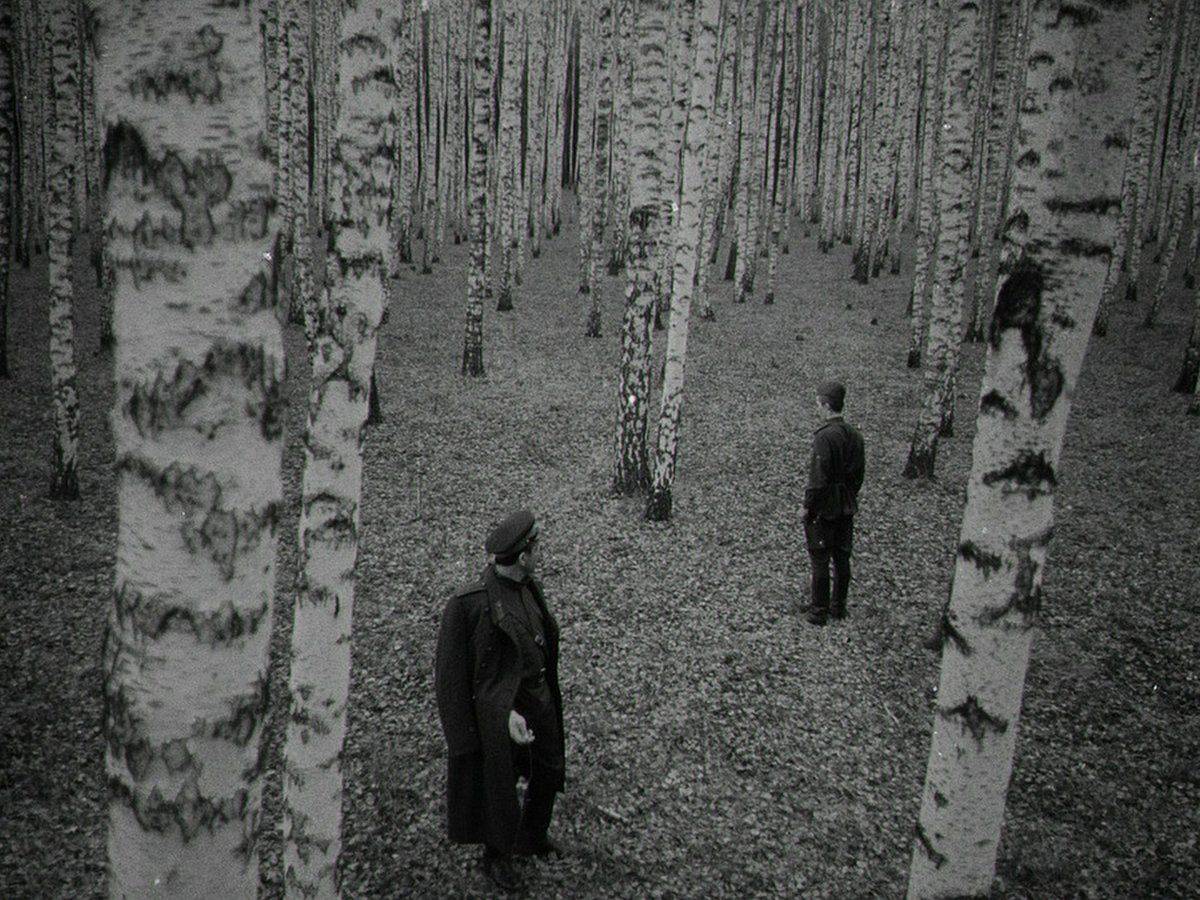“Non ci possiamo baciare! Senza baci!”
We find ourselves confined inside our homes due to the coronavirus. As individuals, we shoulder the responsibility. We feel lonely and isolated. And nevertheless, during this isolation process, we have time to question many things, and it seems that we will continue to do it even more. To all of us, the coronavirus has revealed so clearly the death of the welfare state as we know it, the weakening of the health sector due to neoliberal policies, and the tragedies created by these policies in the lives of people. But beyond this realization of the obvious, what can we learn from this situation about the modern individual and about our societies?
While it is not necessary to connect everything to Marx, we must admit that his work continues to enable us to understand the conditions in which we are living. Considering that the individual stands at the center of the current tragic situation in which we find ourselves, Marx's insights on the individual become important. Marx focused in particular on the “social character” of relationships, revealing “the importance of the relationship,” “the meaning of being in a relationship,” and what this relationship adds to the individual. Marx explained why the individual is “disconnected,” why s/he is deprived of relationship, and how s/he loses this relationship. Concerning himself with the reason of this deprivation and loss of the relationship, as one of the harshest critics of the liberal understanding of the individual, who has lost his/her relationship, Marx emphasized the importance of being or associating with “the other” in terms of both the individual and the social structure. While explaining what it means to be a true individual, he continues to show that with sociability — if sociality is to be connected, to relate to the other — then solidarity can be formed from this relationship. For Marx, the individual is not isolated and abstracted from everything but s/he is socially determined. Due to a whole range and web of relations, the individuals cannot be considered as “things” in themselves but they are determined by their relationship with others. When individuals lose their relations, they are abstract. The individual as it is conceived by the liberal-capitalist ideology is an imaginary-being. Marx in his three volumes of Capital. A Critique of Political Economy analyzed the capital to frame the main causes and sources of this loneliness, isolation and reduction of the individual to an imaginary- “ghost” being.
The coronavirus causes us to question the existence of the individual and the social again. During the coronavirus epidemic, we are separated from others but this separation leads us to realize that the social is not only naturally important but necessary for our mental and moral health. The “other” in other words is revealed as a crucial condition for my “healthy” existence. The epidemic touches and can harm everybody without exception. In doing that, it leads us to reflect upon the existence of the other. It leads us to consider the importance of the relationship with others and recognize others and their existence. We are confined inside our homes not only to protect ourselves but also to protect “our” “other/others.” This situation seems to have become a way to find the meaning for the lost relationship that Marx was talking about. We do this for the “other” we relate to and need to relate to. Because we need each other. We need to act together, pay attention together, do everything together. On the one hand, the situation of the coronavirus detaches the person from the social, and, on the other hand, paradoxically, it underlines the meaning of acting together, the importance of not only one person’s but of everyone's consciousness acting correctly and concertedly at the same time.
The situation leads people to remember that not only me but my “other” should behave like me, and in order to overcome this “epidemic” I depend on the other’s existence and their self-consciousness. We are willing to be doomed to loneliness not only for ourselves but also for the other. This refers to a relationship without relation. We re-construct the relationship that we lost without being in touch. We consent to loneliness for the protection of the other that we need for our existence. The protection of the other means the protection of many. Perhaps it is the first time that society has agreed/will agree about its future existence as a whole. Solidarity, in other words, starts with the individual taking conscious responsibility.
Coronavirus can modify our behavior and our way of living, for the better or for the worse. We can steer this in the right direction. We can do this without letting that our ego, our egoist attitudes, and our individualism stand out. We can change behaviors created by liberalism and neo-liberalism and emphasize the social and the relational. We can reestablish what is valuable and human to us, not what is taught to us.
An epidemic may create a state of solidarity and consciousness that cannot be created by the tragic consequences of the wars, immigration, abuses of right, poverty, privatization, religious and ethnic conflicts, and violence by radical terrorist groups. Being alone with ourselves, being alone in loneliness can be enough to question, to think about the importance of the social. In the sense of Hegelian dialectic can this be a way for the individual to return to herself/himself and achieve self-consciousness? The individual's individuality, the ego of the individual, can comprehend the importance of understanding the “other” and of the relationship with the other paradoxically in the case that s/he has to be isolated. Of course, the opposite is always the case. However, we can build a new real and human relationship by taking one-meter distance.
Acknowledgements
Cover image: still from Ivan's Childhood, by Andrei Tarkovsky (1962).

